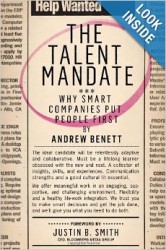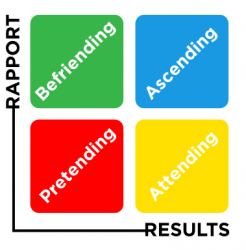Update: The post on how to get an HR job is live! Thanks to everyone who offered advice and support!
Hi! I am glad you’re here today, because I need a little help.
Well, actually, the HR profession needs a little help. You see, there’s a longstanding problem that I’m going to solve with your help. We are going to take on the age-old question: How can I get an HR job without having experience?
I’m currently writing a “how to” essay regarding how to get a job without HR experience. I am looking for some inputs from the HR community out there to help those students and early career professionals. The survey has fewer than 10 questions. The information will be used in an upcoming article, and you can choose to be anonymous or not within your response.
If you have five minutes to take this survey, you’ll be helping thousands (yes, really!) of entry level HR professionals answer the age old question about how to get a job without HR experience. Thank you in advance for your support!
Click here to take the short survey and make the future of HR just a little bit brighter


 What is rapport, anyway? In short, it’s the interpersonal interactions that make up the overall communication health of the team. Do they get along? Do they interact well? Do things flow? Are there bottlenecks? What about gossip? Do people go beyond the basic required communication to keep each other in the loop and up to date? Do people hoard information or share freely?
What is rapport, anyway? In short, it’s the interpersonal interactions that make up the overall communication health of the team. Do they get along? Do they interact well? Do things flow? Are there bottlenecks? What about gossip? Do people go beyond the basic required communication to keep each other in the loop and up to date? Do people hoard information or share freely?